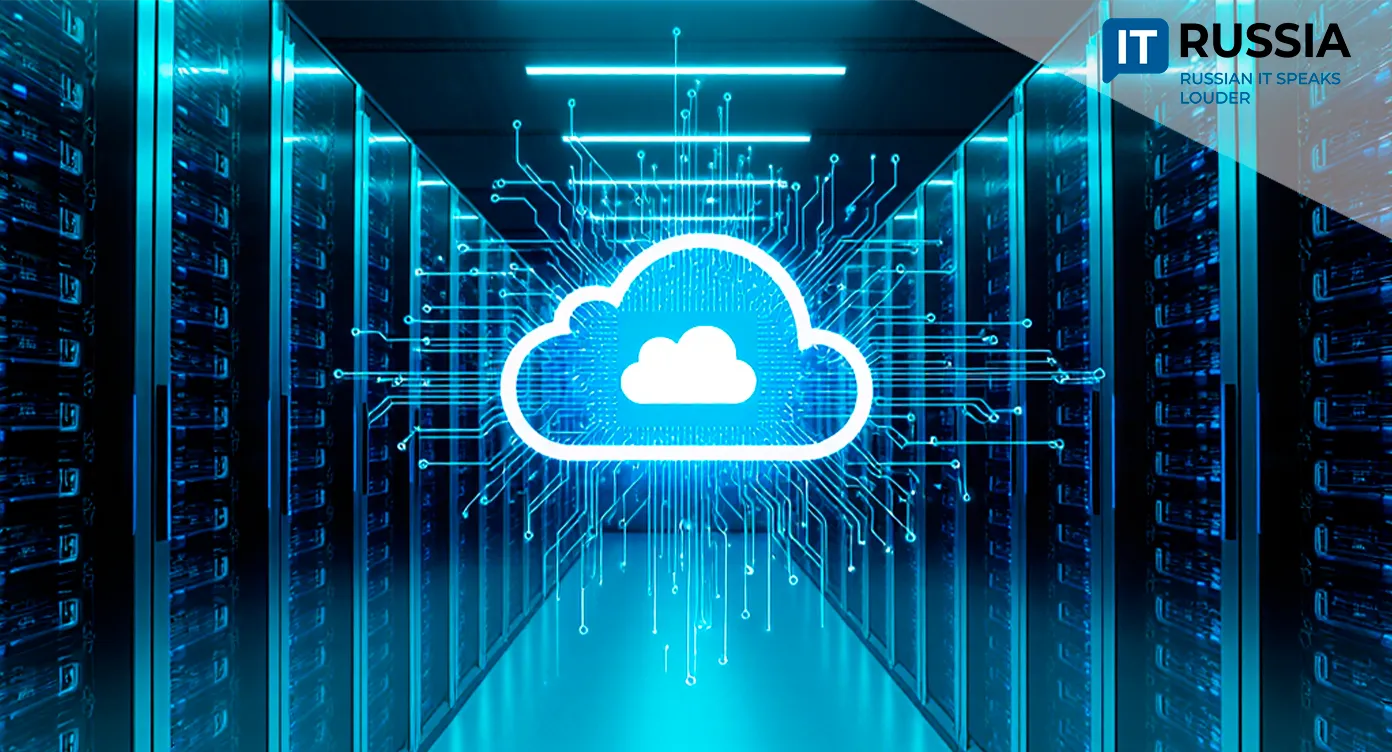Russia Builds "Sovereign Clouds"
Russia has taken another step toward technological independence by launching dedicated server rental services powered by domestic Baikal-S processors. The project aims to strengthen data security, reduce reliance on Western vendors, and create a foundation for exporting sovereign cloud technologies abroad.

Industry and Import Substitution
A major step forward in Russia’s IT sector has been the introduction of server rental services based on the Baikal-S processors, developed by Russian semiconductor company Baikal Electronics. The service is provided by Astra Cloud, part of the Astra Group, and is aimed at businesses, government agencies, and corporate clients managing critical workloads such as personal data processing, infrastructure control, confidential data storage, and uninterrupted operation of state services.
Unlike shared cloud infrastructure, these dedicated servers are allocated exclusively to one customer. That eliminates “neighbor noise,” ensures stable and predictable performance, minimizes data leakage risks, and gives clients full control over configuration. They can build private clouds, deploy fault-tolerant clusters for sensitive data, and implement encryption systems without restrictions. Clients gain the advantages of physical servers without capital expenditures for purchase, maintenance, and upgrades—particularly valuable for budget-constrained organizations and companies with tight IT spending limits.

Security and Critical Infrastructure
The central advantage is the Baikal-S processor itself, developed in Russia and certified for use in critical information infrastructure (CII). It supports Russian operating systems (“Alt Linux,” “ELVIS,” “Sibers”), domestic cryptographic tools, and clustering platforms, removing dependency on Western technology.
While Baikal-S processors do not yet match Western ARM solutions such as AWS Graviton or Apple’s M-series, or x86 processors like Intel Xeon and AMD EPYC in raw performance, they reach around 60–70% of comparable Intel solutions in TPC-C and SPECint benchmarks. This level is sufficient for most government sector tasks—web portals, databases, document management, and monitoring systems—especially when software is optimized for ARMv8.2.
Servers are hosted in a Moscow TIER IV data center with dual redundancy of power, cooling, network channels, and physical protection, meeting Russian regulations. This makes them particularly attractive for banks, Russian Railways, Roscosmos, the Ministry of Emergency Situations, and other institutions legally required to store data within Russia.

Reducing Risks and Expanding the Ecosystem
The significance of this initiative is multifaceted. For Russia, it reduces the risk of external interference and strengthens digital sovereignty. For businesses, it offers a safe, localized alternative to Western cloud platforms. For the Russian IT industry, it stimulates the ecosystem: boosting demand for domestic software, fostering engineering expertise, and expanding manufacturing supply chains. Potential large-scale projects include private clouds, fault-tolerant clusters, and hybrid solutions integrated with national security systems.
From Import Substitution to Technological Sovereignty
Over the past five years, Russia has demonstrated tangible progress. The Ministry of Digital Development’s “Digital Region” project migrated more than 300 municipalities to Alt Linux and Baikal-M servers. Power grid operator Rosseti deployed Baikal-S clusters to monitor electrical networks. The Federal Security Service tested Baikal-S–based cloud environments for processing personal data under the “Digital Safe Environment” program. These cases show that the transition is possible when supported by state policies and legislation.
Domestic demand is expected to rise due to new regulations, digitalization of government services, and potential subsidies for hardware purchases, standardization of data centers, and localized component production. Integration with Russian software ecosystems—from operating systems to cybersecurity—will become routine.

International prospects are also emerging. Countries in the CIS, BRICS, Asia, and Africa, facing sanctions and seeking technological independence, may view sovereign clouds as an alternative to Amazon, Microsoft, and Google. However, successful exports will require international certifications (ISO/IEC 27001, Common Criteria), transparent architecture, reliable support, and adaptation to partner-country standards.
The launch of Baikal-S server rentals is more than a new service—it is a marker of Russia’s shift from import substitution toward true technological sovereignty. In the near term, the market will likely see competitive offerings, formalized government requirements, rivalry with other ARM solutions, and development of domestic databases and management systems. If quality, pricing, and support remain balanced, Russia may evolve into an exporter of sovereign cloud technologies for a world increasingly seeking independence from global tech monopolies.










































